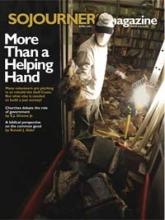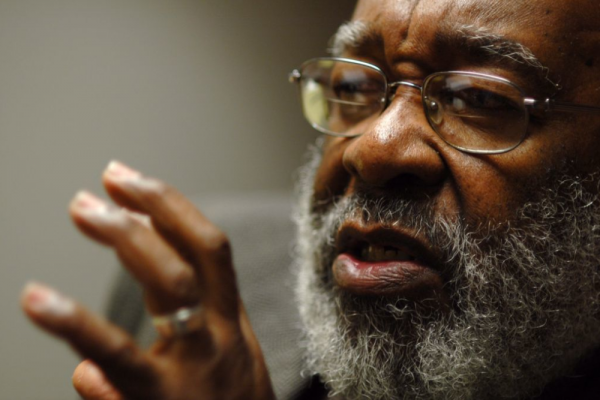On April 4, 1967, Dr. Martin Luther King Jr. gave one of the most important speeches in American history. It’s referred to as “the Riverside speech” in reference to King delivering the speech at Riverside Church in New York City. It’s also called “Breaking the Silence” or “Beyond Vietnam.” In it he decisively and publicly expands his ministry to include opposition to the U.S. war against Vietnam. He was vilified for this move by his “friends” as well as his detractors. The Riverside speech, which names the sickness eating the American soul as “the giant triplets of racism, extreme materialism, and militarism,” was a watershed moment in American history. A year later, to the day, Dr. King was assassinated.
King’s Riverside speech draws heavily from a draft by civil rights leader and historian Dr. Vincent G. Harding that Harding had written over his Christmas vacation in 1966. King made a few minor changes but essentially delivered Harding’s original text. In preparation for the 40th anniversary of King’s address, Sojourners interviewed Dr. Harding on the history and context of the speech and what it means for America today. Dr. Harding was interviewed by Sojourners associate editor Rose Marie Berger in December 2006.
SOJOURNERS: Do you mind just offering a prayer for us, just as we begin.
VINCENT G. HARDING: Thank you. Thank you. Thank you. Please speak to us and through us and with us. And help us to know what that speaking means for us. Thank you. Amen.
SOJOURNERS: My first questions are about the historical context of the “Beyond Vietnam” speech and your place in that context. My memory is that in ’64 or ’65 you had gone back north to Evanston, Ill., and in ’66 or so you came back to Atlanta to Spelman College. Is that right?
Read the Full Article

